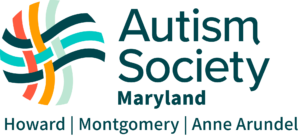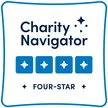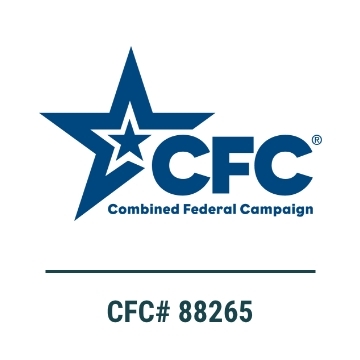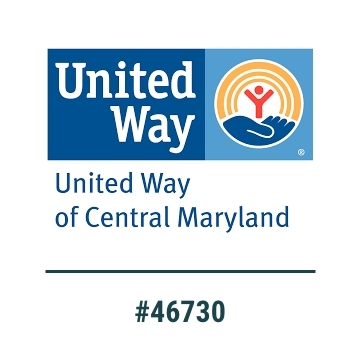Howard County families who have loved ones with Autism (as well as other special needs, Alzheimer’s, mental health challenges, etc.) can breathe a little easier knowing that county 911 operators and first responders are already “in the know” when called to an emergency. The 911 Address Flagging Program gives residents the option to voluntarily “flag” their address in the system. This provides the 911 Call Center with first-hand knowledge that an individual with Autism resides at a given address and that he or she may be nonverbal, oversensitive to sirens, unaware of danger, prone to elope, or exhibit other note-worthy behaviors. This information is then forwarded to first responders prior to their arrival on the scene.
“This is just another common-sense step toward greater protection of and service to individuals in our community with special needs,” says Beth Benevides, former AUSOM president. “No one ever wants to be in an emergency situation. But the reality is we sometimes are. Anything we can do to better prepare first responders for what they might encounter is worth our effort. In the end, this seemingly simple address notation has the potential to save lives.”
Police Lt. William Cheuvront, who has worked alongside AUSOM overseeing the Rapid Return tracking system (formerly, Project Lifesaver), didn’t need convincing when he was asked to help. He contacted the Howard County Police Department Commander of Communications on behalf of AUSOM and together he and the commander outlined what information would be required from families who wish to flag their addresses.
Read more in these articles by Columbia Magazine (2021), The Baltimore Sun about how the program was created in 2012 and expansion of the program to serve others including those with dementia (2017)
Enroll Online
Self-advocates, parents, or guardians of individuals with Autism
or other special needs may register online:
CLICK for more online resources from the Howard County Police Department
The request must include the following information:
- address to be flagged
- name of individual
- gender
- date of birth
- diagnosis
- key facts for first responders
- an email address or phone number is also required – the Police Department will contact families annually to make sure the in-formation is still current
In the midst of an emergency call, information is dispersed quickly. Keep that in mind when writing your request. The idea is to include one or two helpful notations for first responders – examples: child is nonverbal; most likely to hide in bedroom when scared; avoid loud sirens if possible; unaware of danger, may elope and run into the street if feeling scared or threatened.




















